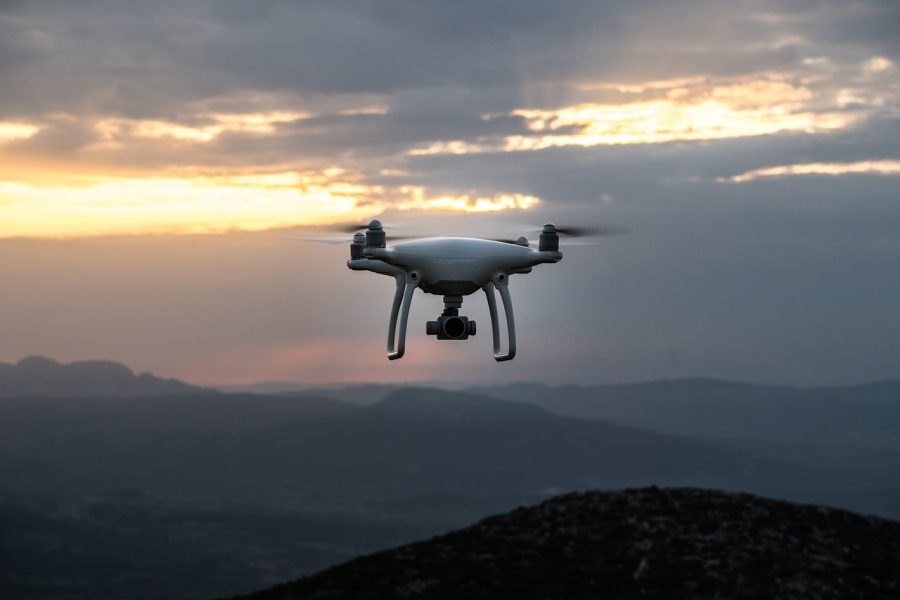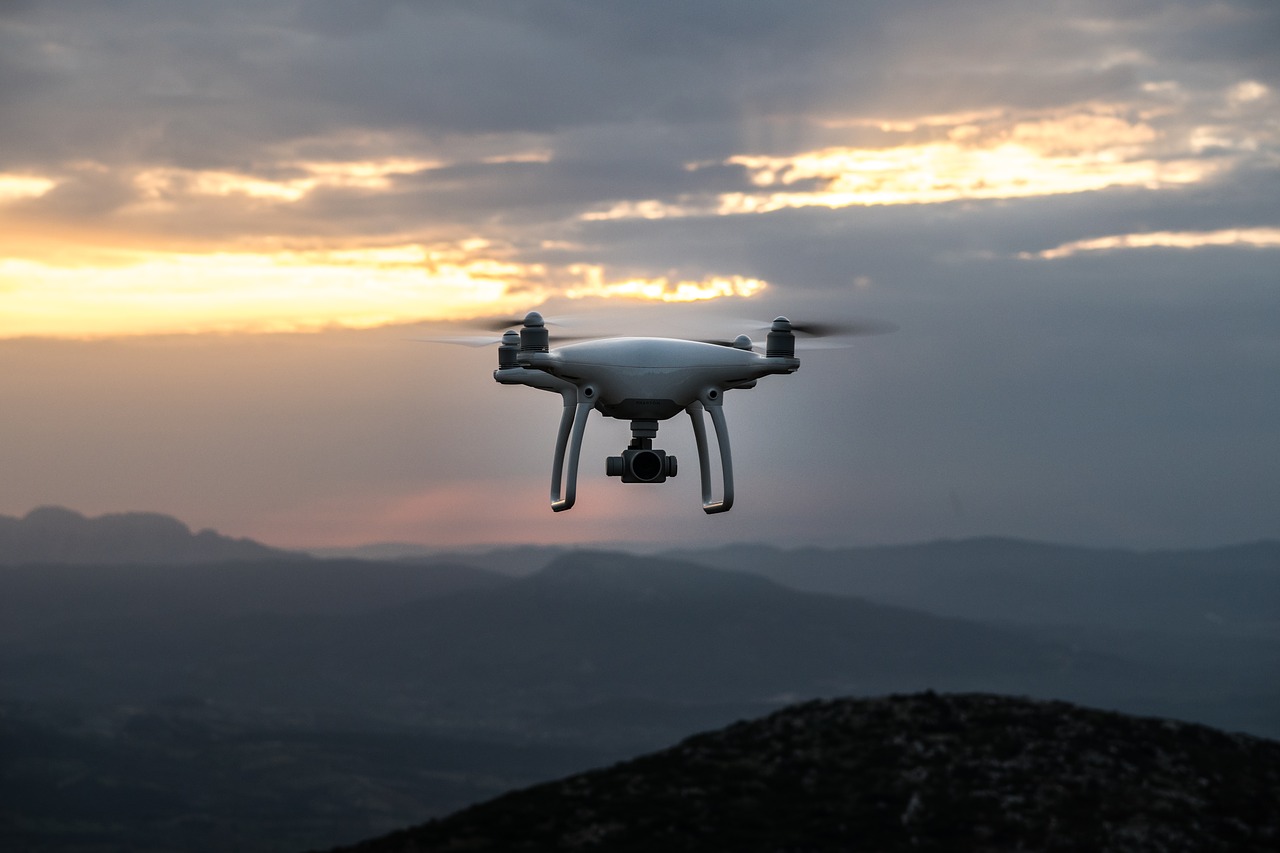
The laws regarding flying a drone: How to avoid jail time
Flying a drone comes with strict rules that, if broken, could result in imprisonment or hefty fines. Here are the rules.

Many South Africans are using drone technology for personal and commercial purposes. Flying a drone, however, comes with strict laws that operators must follow. Failure to comply with these rules could lead to imprisonment, a fine, or both.
RULES FOR PRIVATE USE
Jaco Meyer and Haafizah Khota from Cliffe Dekker Hofmeyr explained that the South African Civil Aviation Authority (SACAA) regulates drone operations in the country.
In May 2015, the government gazetted the first regulations with the aim of balancing innovation with safety and privacy concerns. Several regulation updates have occurred since, with the latest in 2023.
Private drone operators use drones for recreational flying and do not need to register their drones or obtain a Remote Pilot licence. However, private operators must adhere to basic safety guidelines and regulations to ensure safe and responsible flying, as reported by Business Tech.
The SACAA outlines the following private use guidelines for operating drones:
- Operators must keep their drones within the visual line of sight at all times. The remote pilot must keep direct, unaided visual contact with the drone to manage its flight and avoid separation and collision.
- Operators should not fly drones over 120m above the ground.
- Operators must stay clear of obstacles such as buildings, trees, and power lines.
- Drones must be kept at least 50m away from people, vehicles, and animals.
- Drones should not be flown over populated areas, national parks, or sensitive infrastructure.
COMMERCIAL DRONE OPERATIONS
Using drones for activities such as aerial photography, surveying, or providing inspection services, falls under commercial drone operations.
Commercial operators must register their drones under the Civil Aviation Regulations. Additionally, commercial drone operators need to obtain the following certifications and licences:
- Air Service License
- RPAS Operator Certificate
- RPA Letter of Approval
- Remote Pilot Licence
The Remote Pilot Licence requirements include obtaining a Class 3 or higher Aviation Medical Certificate, passing a theoretical exam, and meeting stipulated practical training requirements.
WHAT HAPPENS IF DRONE OPERATORS BREAK THE RULES?
Drone operators who fail to adhere to the Civil Aviation Regulations may face severe penalties, such as a prison sentence of up to 10 years, a fine of R50 000, or both.
Those who use drones irresponsibly may also face legal liability for violating laws enforced by other government agencies.
It is important to note that, in addition to the SACAA guidelines, all drone operators must also have permission from:
- any people that the drone will be flying over or close to
- the landowner where the flight is taking place
- neighbouring sites that may be impacted by the drone operation
